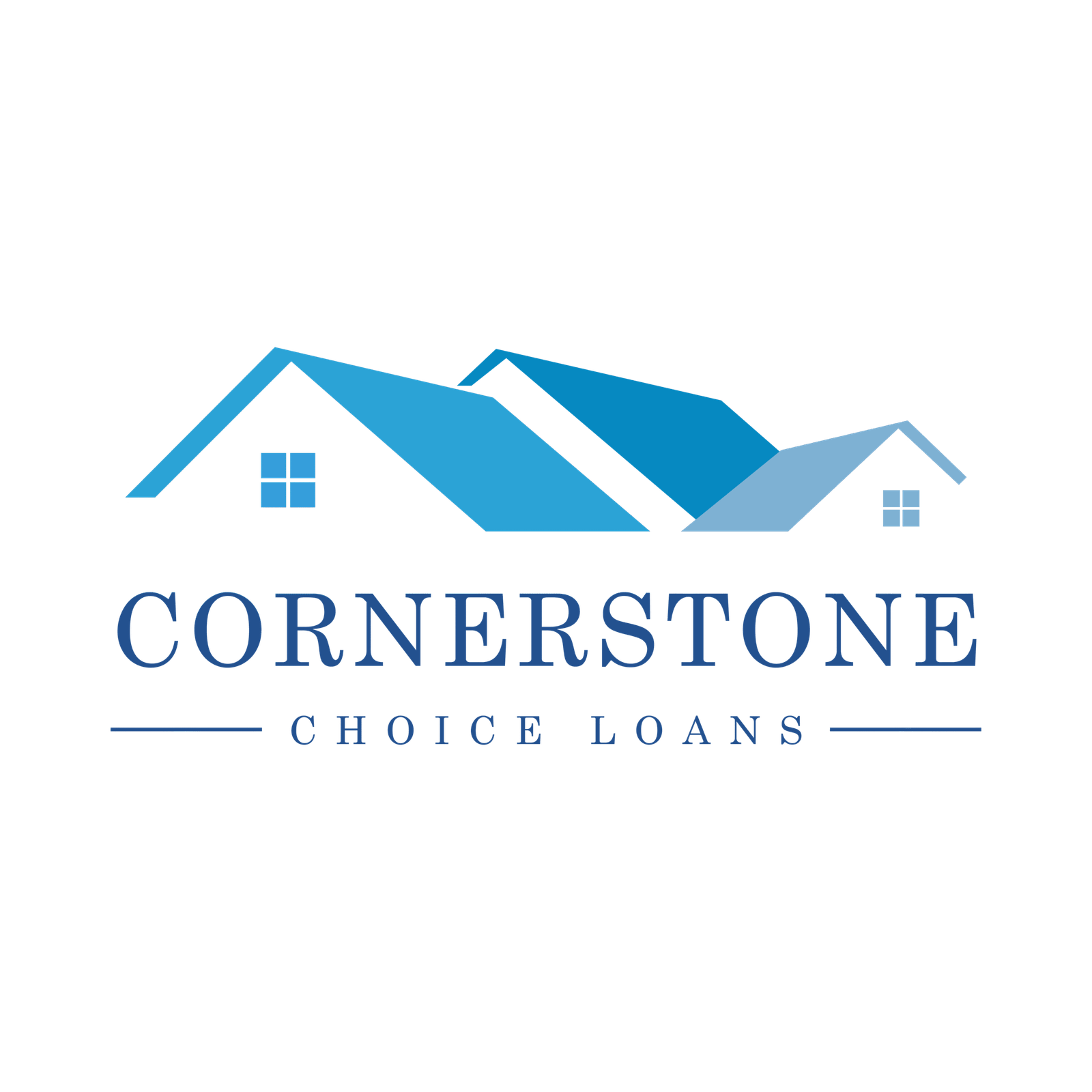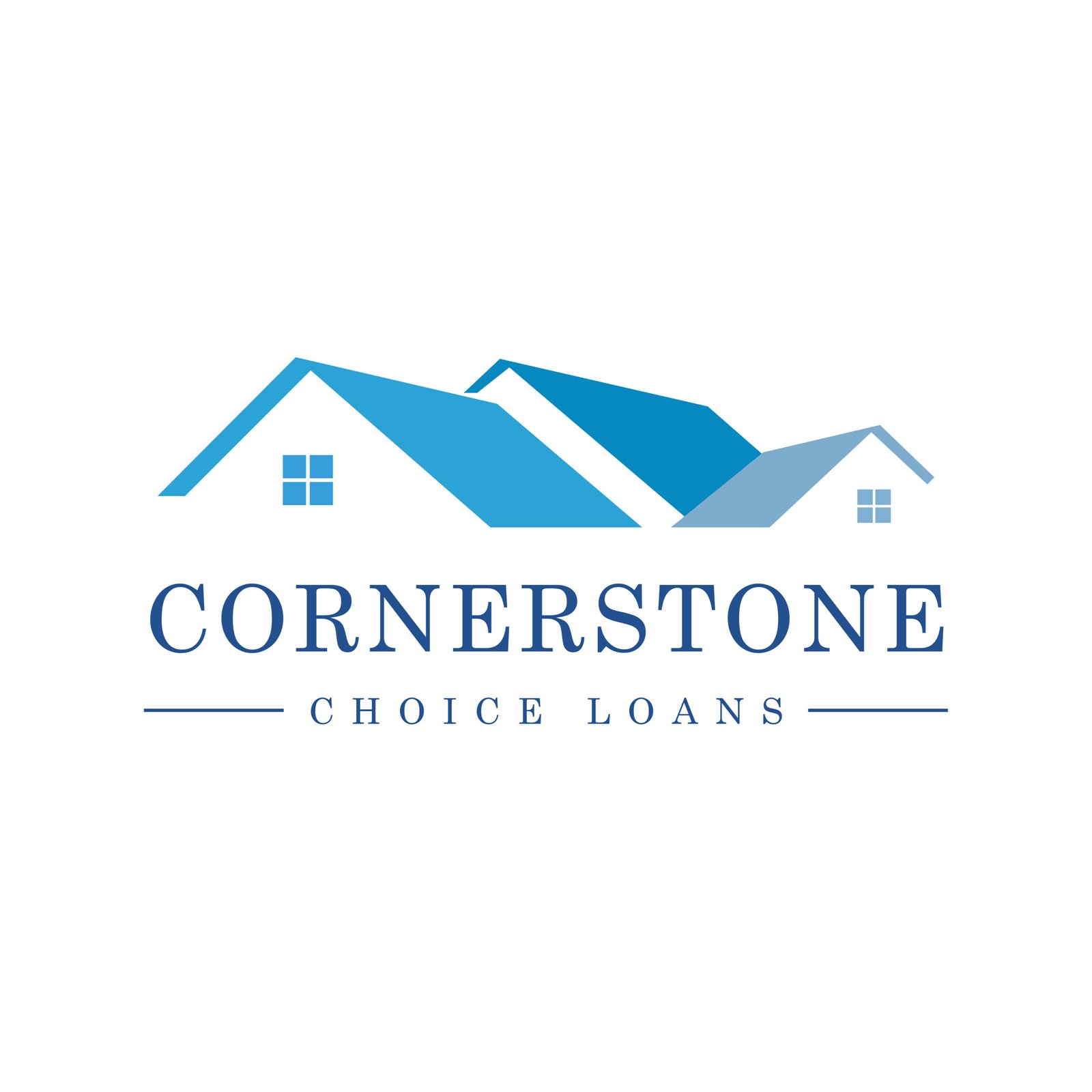Learn how a reverse mortgage can help you gain greater financial security, and a better retirement.
Unlock your home’s potential in your golden years
Reverse Mortgages
Reverse Mortgages
Cornerstone Choice Loans Reverse Mortgage
While reverse mortgages are not a one-size-fits-all option, they do provide a valuable option for many people. The most used type is the Home Equity Conversion mortgage, or HECM. The program is funded through the FHA and is available only through lenders affiliated with FHA. Reverse mortgages are designed to allow older homeowners to tap the equity they’ve built up without having to sell their homes. Since there are several requirements for reverse mortgages, it pays to carefully examine them prior to making any decisions.
Advantages of a Cornerstone Choice Loans Reverse Mortgage
It’s important to know the advantages reverse mortgages provide homeowners as they reach a time in their lives where they may need an additional type of funding to enjoy themselves. The advantages include:
Since every homeowner’s situation is different, it’s important to explore and discuss all the program’s options prior to moving forward.
A unique approach and opportunity
By flipping the traditional mortgage model, reverse mortgages provide retirees a way to supplement their income by leveraging their home’s value. Following an appraisal, a segment of the home’s equity becomes accessible to the homeowner. This portion can initially be utilized to pay off any existing mortgages. The remaining funds can be received as a lump sum, monthly payments, or a combination of both, tailored to the homeowner’s individual preference.
However, there are some stipulations. Homeowners must continue paying property taxes, insurance, and maintain their home to keep the loan in good standing. Furthermore, the loan amount grows over time due to accumulating interest. The silver lining with a Home Equity Conversion Mortgage (HECM) is that you will never be required to repay more than the value of your home. This protection is due to its non-recourse nature, providing peace of mind for borrowers.
The loan becomes due when the homeowner sells the property, moves out, or passes away. In the latter case, heirs have options to retain the property or sell it to settle the loan.
Upon selling the home, the proceeds will initially go towards repaying the reverse mortgage. Any surplus amount is then retained by the homeowner or passed on to their heirs.
It might. While the funds from a reverse mortgage aren’t taxable, they could impact eligibility for need-based government programs.
Reverse mortgages, with their unique benefits, can be a lifeline for retirees seeking financial flexibility.
Fixed Rate Loans
It’s an opportunity to capitalize on a home’s value without the constraints of monthly mortgage payments. But like all financial tools, it’s essential to understand its nuances and ensure it aligns with your retirement vision. If you’re contemplating a reverse mortgage or exploring other financial avenues, connect with one of our Reverse Mortgage Specialist here at Cornerstone Choice loans. They can provide insights tailored to your situation, helping you make an informed decision for a more comfortable retirement.
Ready to learn more about Home Loan Refinancing or explore your options? Get started today!*
*All product information represented on this page is subject product guidelines and can change at anytime. It is for educational and informational purposes only and not a commitment to lend. Please contact Cornerstone Choice Loans today to get the latest product guidelines and guidance on what loan programs fit your unique financial picture and goals.

